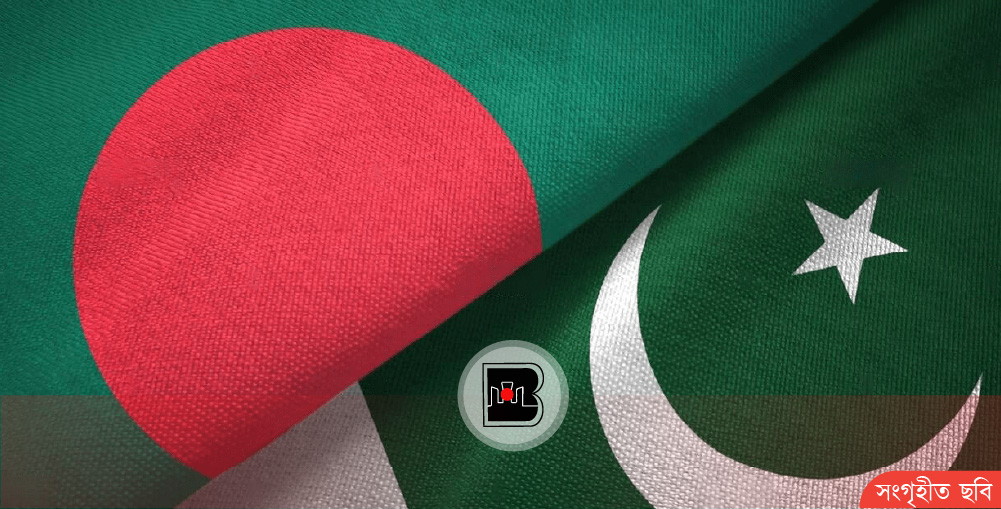
In a notable shift from the last 15 years, Bangladesh-Pakistan relations have begun to thaw following the 2024 uprising in Bangladesh. Over the past year, three ministerial visits to Dhaka, a foreign secretary-level meeting, and two meetings between top leaders, Professor Muhammad Yunus and Shehbaz Sharif, have signaled a significant change in diplomatic tone.
A Growing Relationship
The signs of a burgeoning relationship are clear. Bilateral trade has increased to $865 million in 2025 from $628 million the previous year. Direct shipping has been initiated, visa regulations have eased, and direct flights are set to resume. Several deals have also been signed to promote cooperation in education, culture, media, and academia.
Bangladesh's Foreign Adviser, Touhid Hossain, has expressed the country's willingness to build a new relationship, moving away from the adversarial stance of the past decade and a half.
The Unresolved Issues of 1971
Despite this progress, the unresolved issues from 1971 remain a significant obstacle. Following a meeting with his Bangladeshi counterpart, the Pakistani foreign minister, Ishaq Dar, claimed that these issues had been resolved twice: once in 1974 and again during former president Pervez Musharraf's 2002 visit.
However, historians and analysts disagree. The tripartite agreement of 1974 and Musharraf's visit did not provide a definitive resolution to the key demands of Bangladesh. These demands include:
The Question of an Apology
The 1974 agreement states that Pakistan "condemned and deeply regretted" any crimes that may have been committed. Similarly, Musharraf, during his 2002 visit, expressed "regret" for the "excesses." However, as pointed out by Sk Tawfique M Haque, Director at the South Asian Institute of Policy and Governance (SIPG), these expressions of regret fall short of a formal apology, which would acknowledge wrongdoing and carry greater moral and political weight.
Ishaq Dar's recent comment, advising Bangladeshis to "clean the heart" and "forgive and forget," further highlights the disparity in how both nations view this historical chapter.
The Path Forward
Experts believe that for the relationship to truly move forward, a change in mindset is required on both sides. Professor Haque notes that while Bangladesh's collective memory of 1971 is deeply ingrained, Pakistan needs to make symbolic and meaningful gestures to build trust. Bangladesh, in turn, must be willing to acknowledge that while the past cannot be erased, the future can be shaped by mutual respect and pragmatic interests. The core message remains clear: a genuine reconciliation with history is essential for both nations to achieve true closure.
আপনার বিজ্ঞাপন এখানে